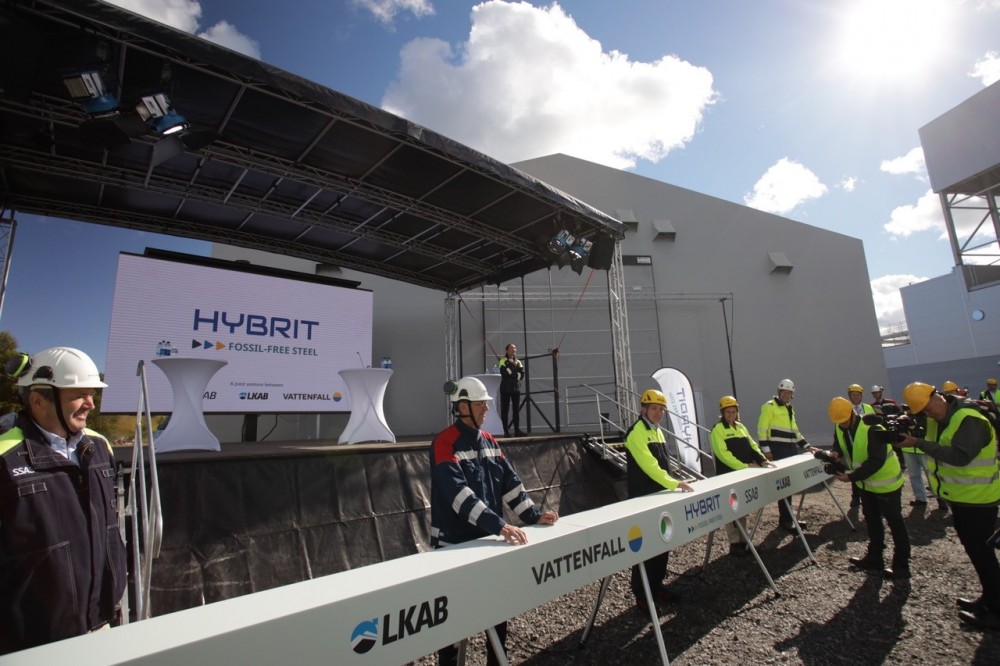A second fossil-free steel mill is planned for northern Sweden
The hydrogen-powered steel plant in Boden would significantly reduce Sweden's emissions from steel production.

Newly established Swedish firm H2 Green Steel announced plans Tuesday to build a fossil-free steel mill in Boden, near the northern city of Luleå, that would double that country’s steel production while at the same time cementing the region’s reputation as a hub for industries looking to decarbonize their operations.
The mill’s hydrogen will be supplied from an integrated production plant that H2 Green Steel reckons will be Europe’s largest such renewable-energy powered facility.
“The climate crisis is the biggest challenge of our time. And, given steel’s impact on other industries’ sustainable development, a rapid change of the steel industry is extremely important,” Henrik Henriksson, the incoming managing director of H2 Green Steel, said in a statement.
[Arctic Europe shows that remoteness doesn’t have to hinder renewable energy growth]
Steel production is highly energy intensive and currently amounts for 7 percent of the world’s carbon pollution. The H2 Green Steel plant in the town of Boden will take advantage of the region’s abundant hydroelectric power to be able to replace traditional coal-fired coking ovens with a hydrogen-based process that that was pioneered at a facility that opened in Luleå in 2020 at a publicly funded pilot plant.
In Sweden, where steelmaking amounts for about 4 percent of industrial production, replacing coal with hydrogen has the potential to reduce national carbon-dioxide emissions by 10 percent, according to Swedish energy authorities.
“We’re creating a new future for Boden. Boden will be a steel-making community, and an industrial community. And we will be able to contribute to meeting international climate targets,” Claes Nordmark, Boden’s mayor, said during a presentation of the project.
[The world’s first fossil-free steelmaking starts in northern Sweden]
H2 Green steel will partner with Vargas, an investment bank, on the 25 billion kroner ($3 billion) project. Vargas is also a key investor in Northvolt, a producer of lithium-ion batteries that is building a plant in the northern city of Skellefteå.
H2 Green Steel said the plant would employ 1,500 and create 10,000 jobs in the Norrbotten region. The plant’s production capacity of five million tons of steel by 2030 will double Sweden’s current output.
In addition to heavy industry, northern Sweden has become popular location for server farms because the region’s cold climate helps keep energy use down and its stable supply of hydroelectric power allows them to reduce their carbon footprint.